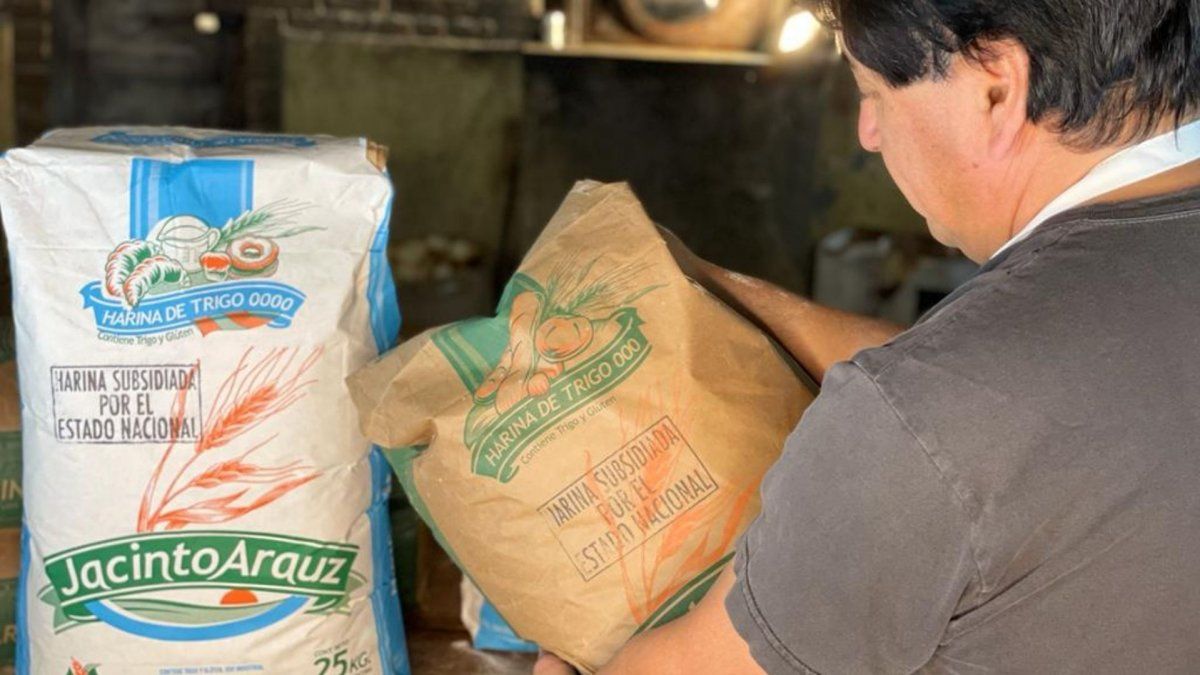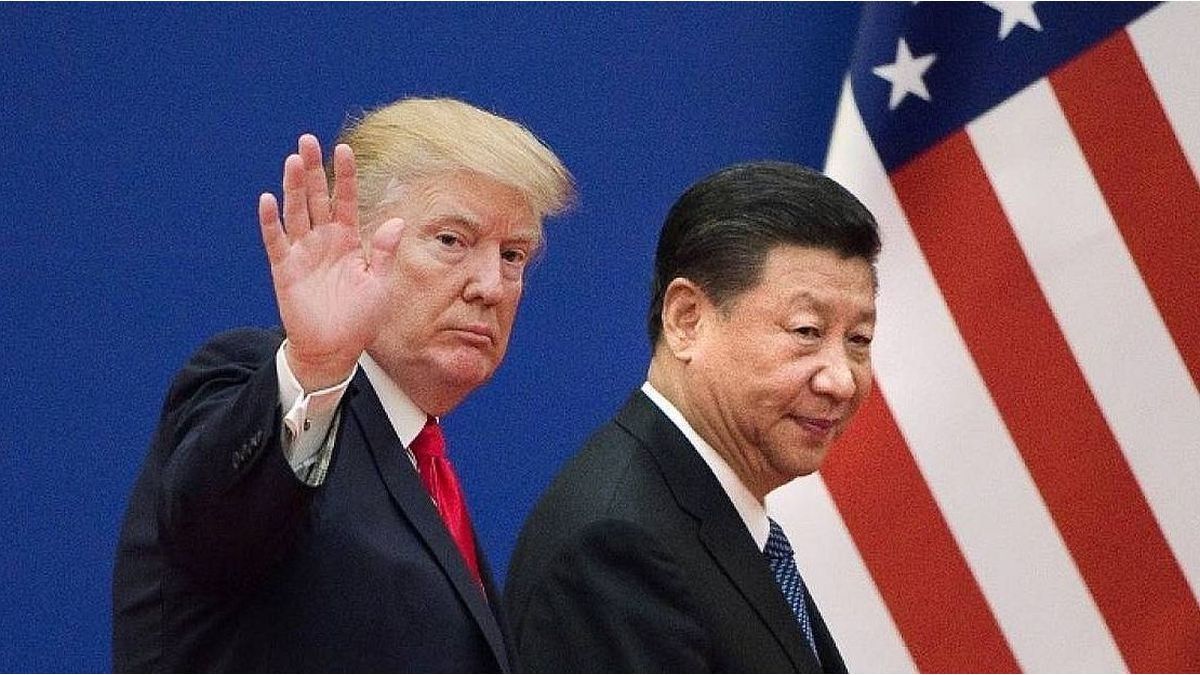Oil businessmen were critical of the oil trust. With these interventions, the Ministry of Domestic Trade set a formula for increases, which in the last semester gave that there should be a rise of 47%, while one of 21% was authorized. Last year, the oil in gondola increased 48%, while when leaving the factory it rose 25%. In addition, they highlighted the distortion in relative prices: in March 2020, sunflower oil cost $145, against bread at $110, while in 2022 oil costs $170 versus $240 for bread.
Also before Hang, the milling businessmen rejected the trust tool, and in the case of the Wheat Stabilizer Fund, which is a voluntary tool, they anticipated that they would not join. On the contrary, they suggested using the USD 350 million from the soybean retentions for direct transfers to the holders of the Alimentar card, or creating a “Bread Card”. Subsidizing supply, as is the case today with mills (including the giant Molinos Cañuela) “is diluted,” a source said.
For his part, Antonio Aracre, CEO of Syngenta, who maintains a good dialogue with Guzmán and the president, Alberto Fernández, also proposes a food subsidy. “Wheat is at US$450, it was at US$220, you would have to put 50% withholdings to decouple prices and that doesn’t last a week because they are confiscatory. The tools have to be effective, but also possible”, assured the businessman.
On the contrary, he proposed: “A differentiated production line could be negotiated with the large companies for products of the basic basket, which are sold with a lower price and a special bar code, subsidized with the current withholdings and with business contributions, so that they can be purchased with the Alimentar card. This allows you to efficiently and effectively reach the sector you need”, explained Aracre.
Subsidizing demand focused on the vulnerable population, over tools such as withholdings or quotas that have a general impact, has limitations, according to economist Ernesto Mattos, director of the productive development institute at the University of José C. Paz. . “Average salaries are left out, which are $52,000 according to INDEC, and for women they are lower,” he assured. “A subsidy does not lower prices, but could feed it back. Concrete results are needed because the population suffers from hunger and the precarious and poor worker also suffers from it, even if they have a job”, he added.
To reach poor workers, who are left out of social protection and union parity, an important businessman told Guzmán that the government should promote lump-sum increases, to have a greater impact on lower incomes. In the Ministry of Economy they share the idea, but the CGT, one of the sectors that most accompanies the President, rejects it.
On the other hand, according to a study carried out by the Center for Political Economy (CEPA), export duties are not only applied in Argentina: “Of the 14 countries that produce wheat, corn and sunflower, 10 apply withholdings,” the document describes. . “The implementation of foreign trade measures multiplied, 103 new ones were registered between October 2020-October 2021 with trade restriction effects, according to the WTO,” it adds. He mentions that Canada maintains an export and import permit law, while Australia has an export accreditation scheme to regulate bulk wheat.
In any case, CEPA ensures that withholdings are not the only decoupling mechanism, but there are others: export quotas, trusts, and state-owned companies. For example, it mentions the cases of Codelco in Chile, Pemex, Equinor and Petrobras in Mexico, Norway or Brazil, as companies that capture the “differential income of sectors with comparative advantages.”
Source: Ambito
David William is a talented author who has made a name for himself in the world of writing. He is a professional author who writes on a wide range of topics, from general interest to opinion news. David is currently working as a writer at 24 hours worlds where he brings his unique perspective and in-depth research to his articles, making them both informative and engaging.




